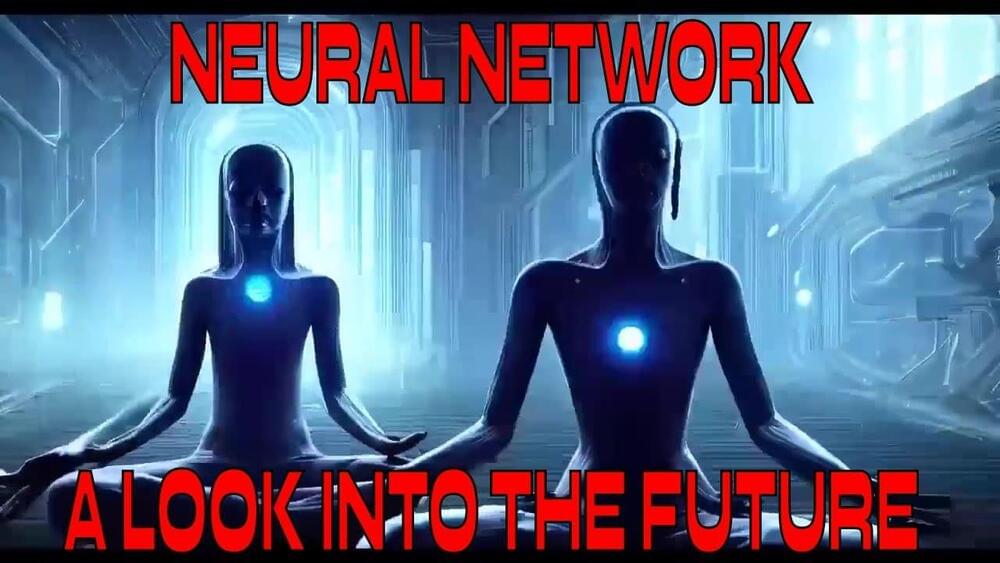Vitaly Vanchurin, physicist and cosmologist at the University of Minnesota Duluth speaks to Luis Razo Bravo of EISM about the world as a neural network, machine learning, theories of everything, interpretations of quantum mechanics and long-term human survival.
Timestamp of the conversation:
00:00 — Opening quote by Vanchurin.
00:53 — Introduction to Vanchurin.
03:17 — Vanchurin’s thoughts about human extinction.
05:56 — Brief background on Vanchurin’s research interests.
10:24 — How Vanchurin became interested in neural networks.
12:31 — How quantum mechanics can be used to understand neural networks.
18:56 — How and where does gravity fit into Vanchurin’s model?
20:39 — Does Vanchurin incorporate holography (AdS/CFT) into hid model?
24:14 — Maybe the entirety of physics is an “emergent” neural network.
28:08 — Maybe there are forms of life that are more fit to survive than humans.
28:58 — Maldacena’s “principle of Maximal life“
29:28 — Theories of Everything.
31:06 — Why Vanchurin’s framework is potentially a true TOE (politics, ethics, etc.)
34:07 — Why physicists don’t like to talk to philosophers and ask big questions.
36:45 — Why the growing number of theories of everything?
39:11 — Apart from his own, does Vanchurin have a favorite TOE?
41:26 — Bohmian mechanics and Aharanov’s Two-time approach to quantum mechanics.
43:53 — How has Vanchurin’s recent paper been received? Beliefs about peer review.
46:03 — Connecting Vanchurin’s work to machine learning and recommendations.
49:21 — Leonard Susskind, quantum information theory, and complexity.
51:23 — Maybe various proposals are looking at the same thing from different angles.
52:17 — How to follow Vanchurin’s work and connect to him.
Vanchurin’s paper on the world as a NN: https://arxiv.org/abs/2008.01540
Vanchurin on a theory of machine learning: https://arxiv.org/abs/2004.
Vanchurin’s website and research interests: https://www.d.umn.edu/cosmology/
Learn more about EISM at www.eism.eu.
